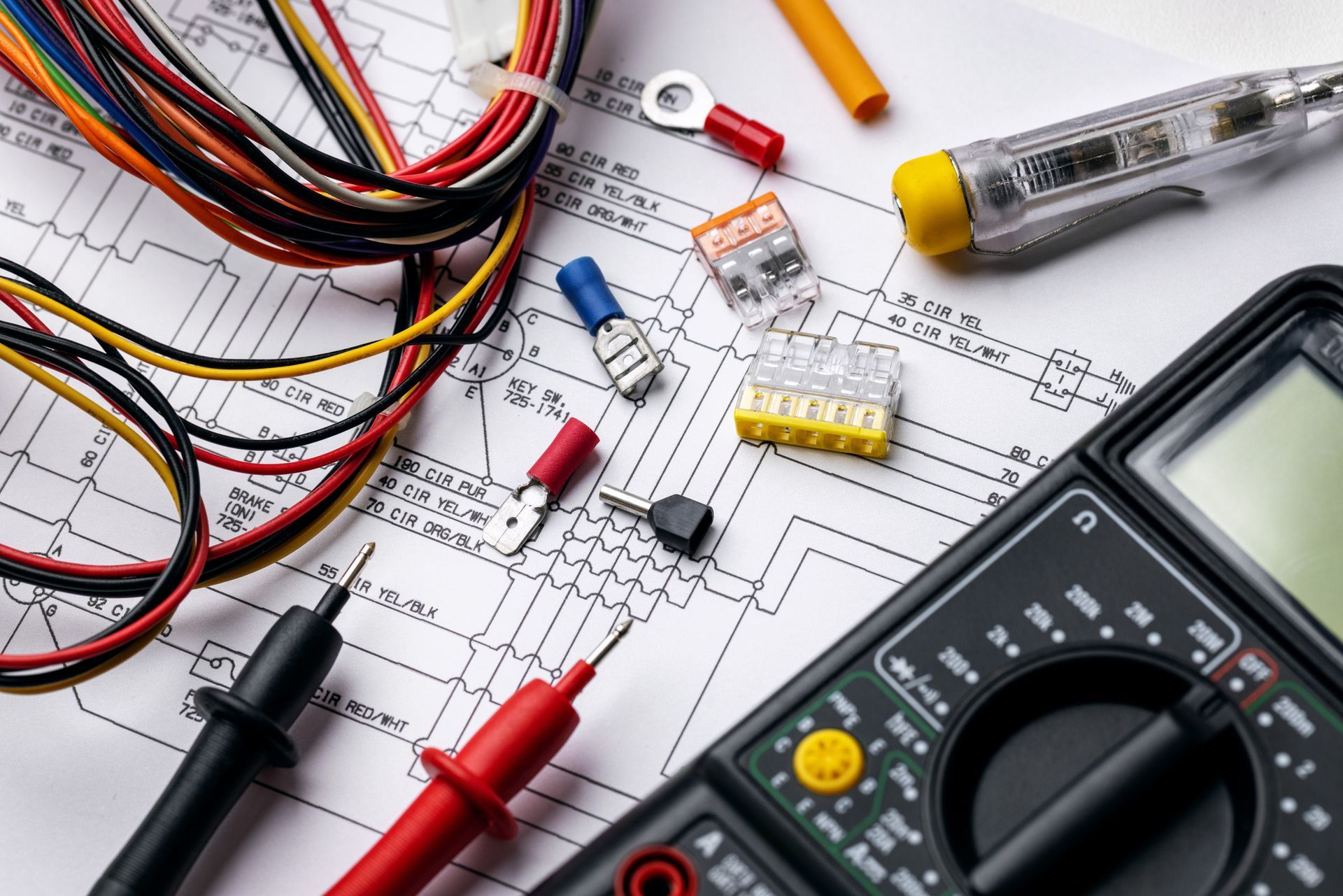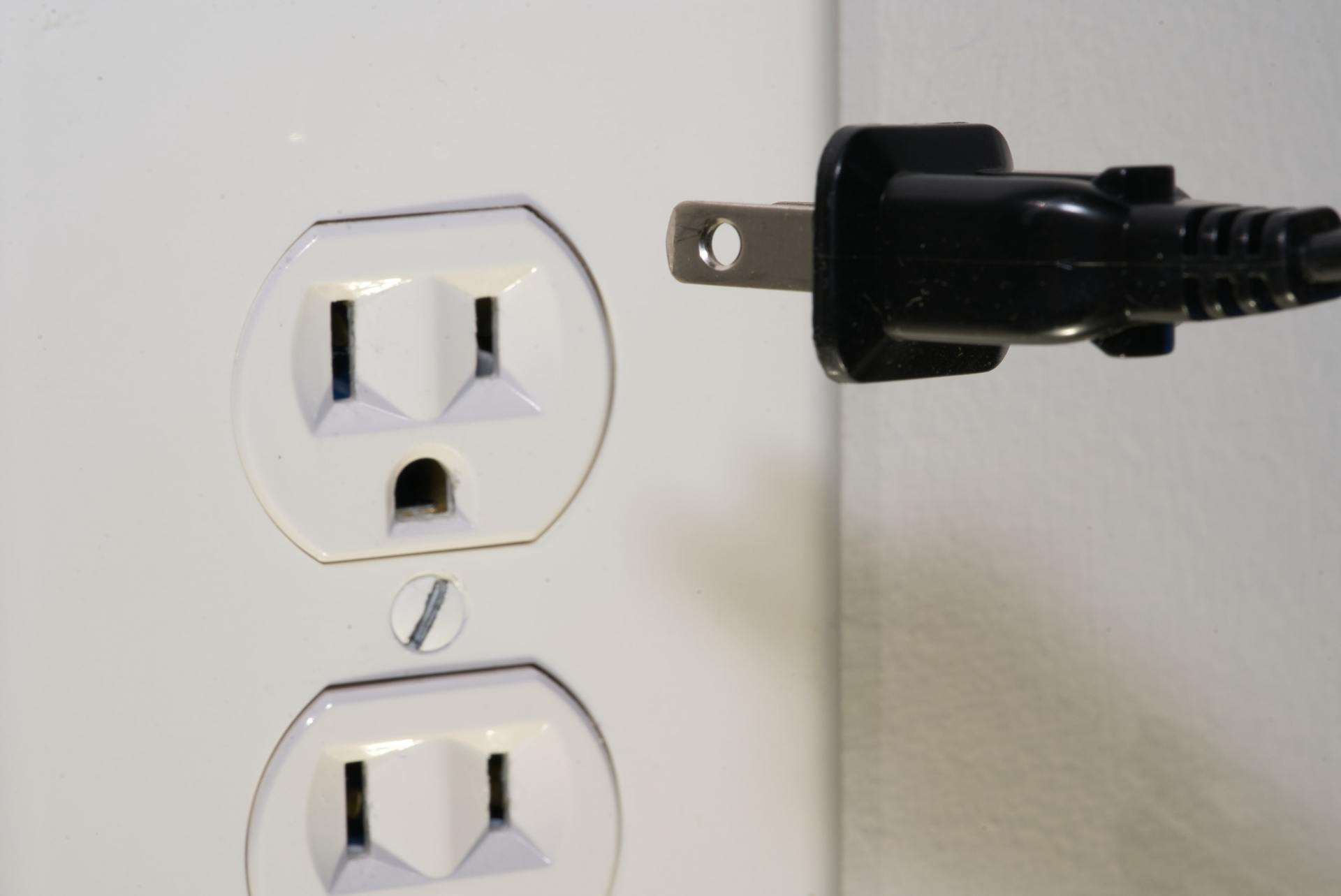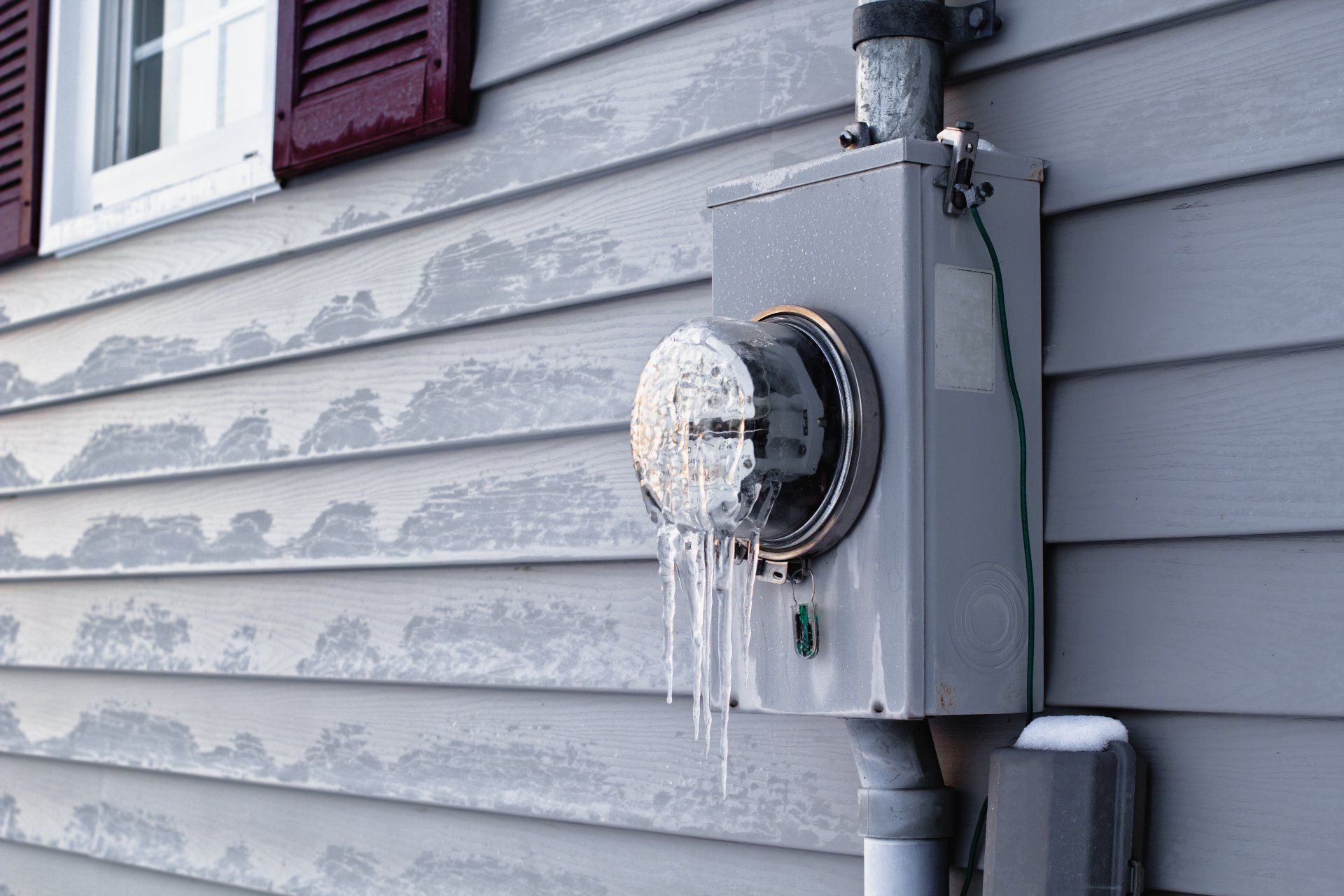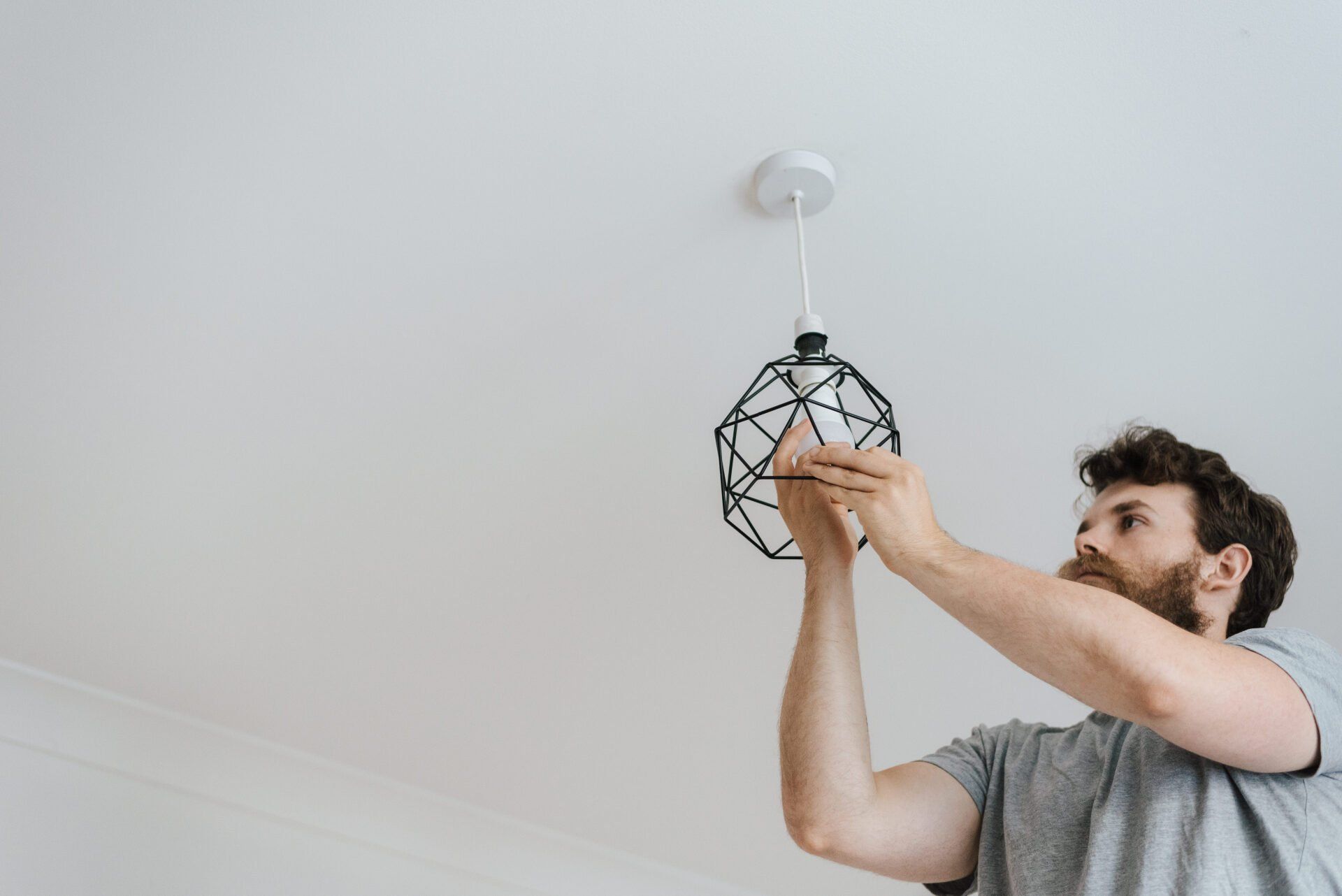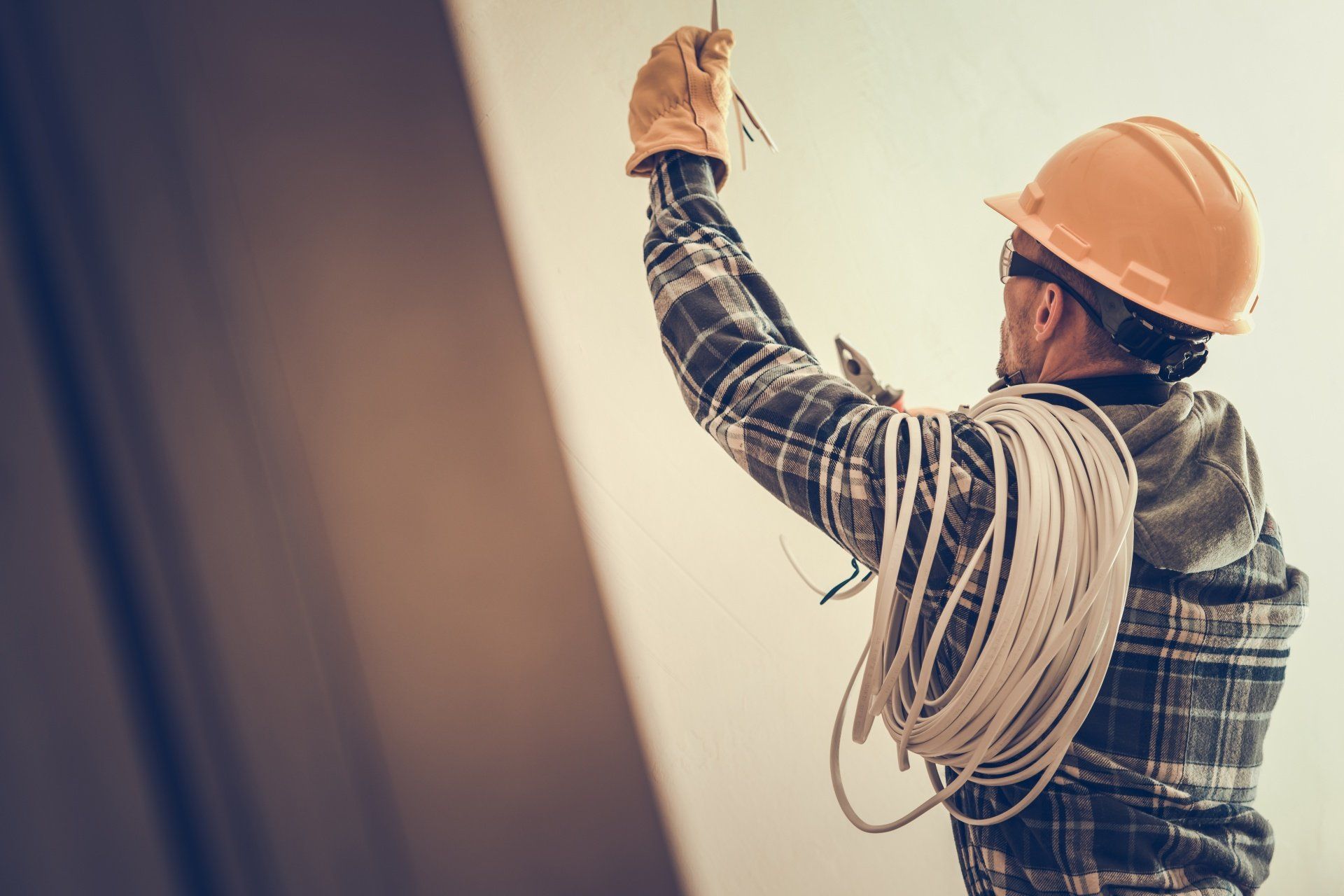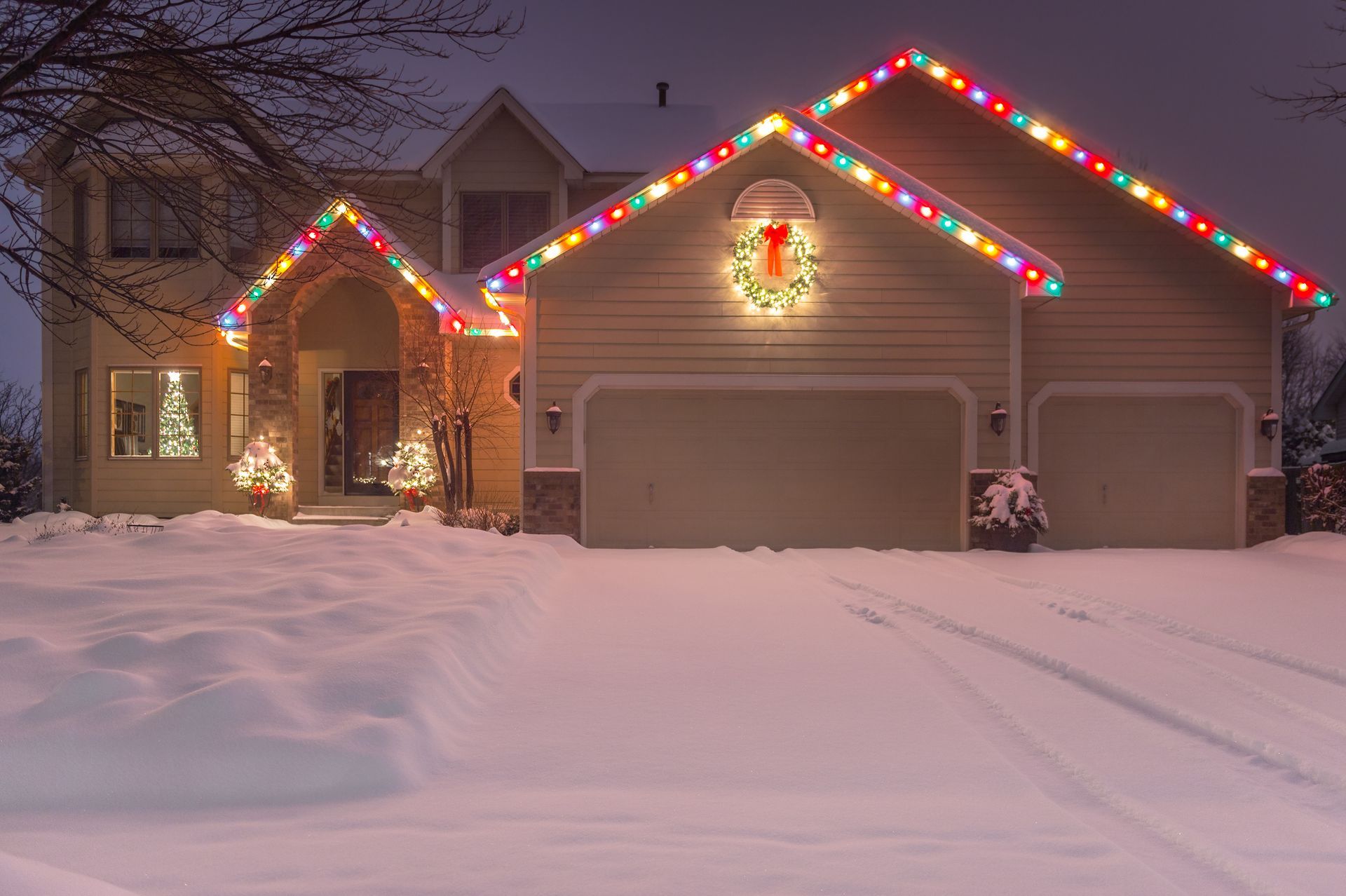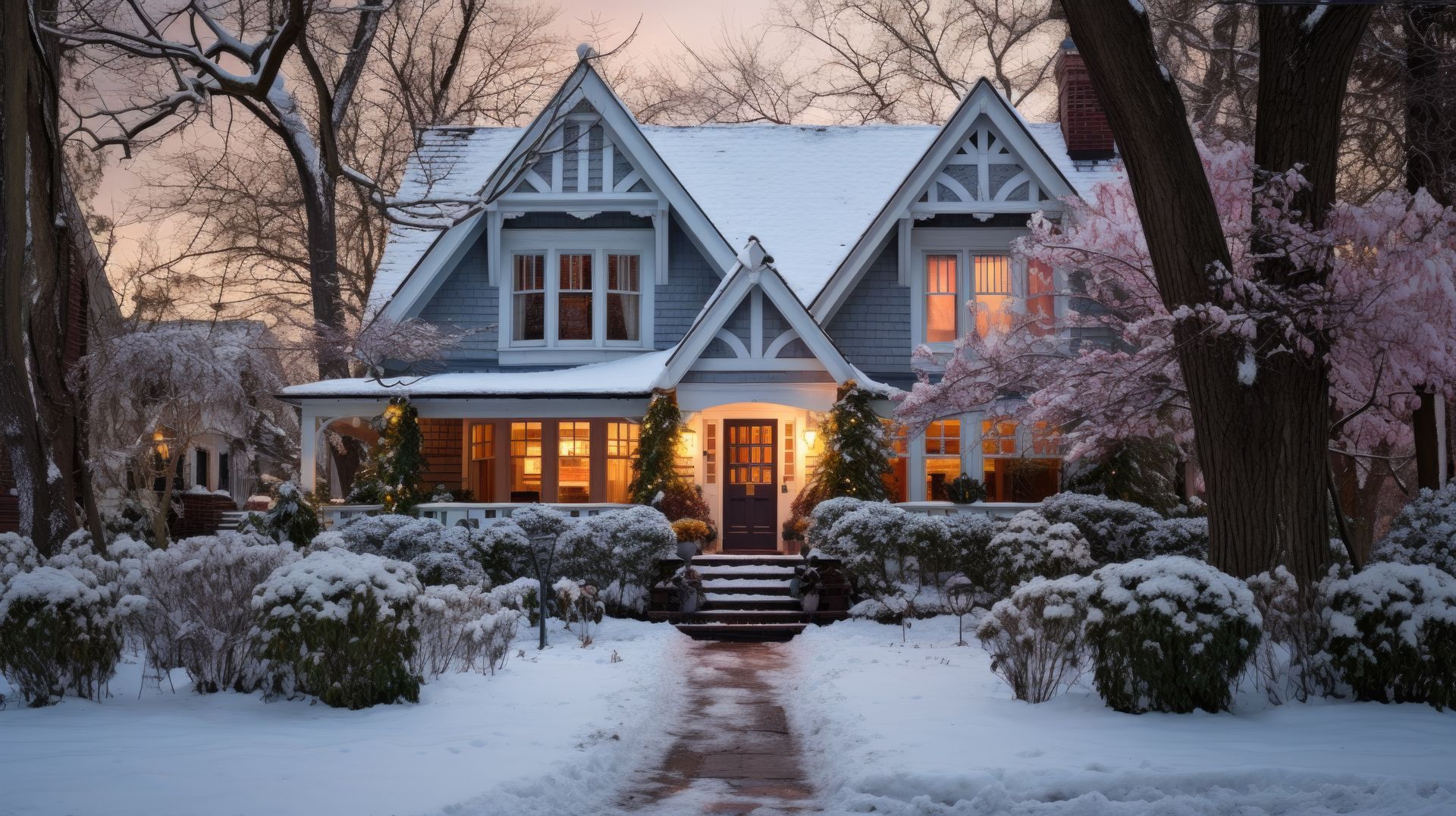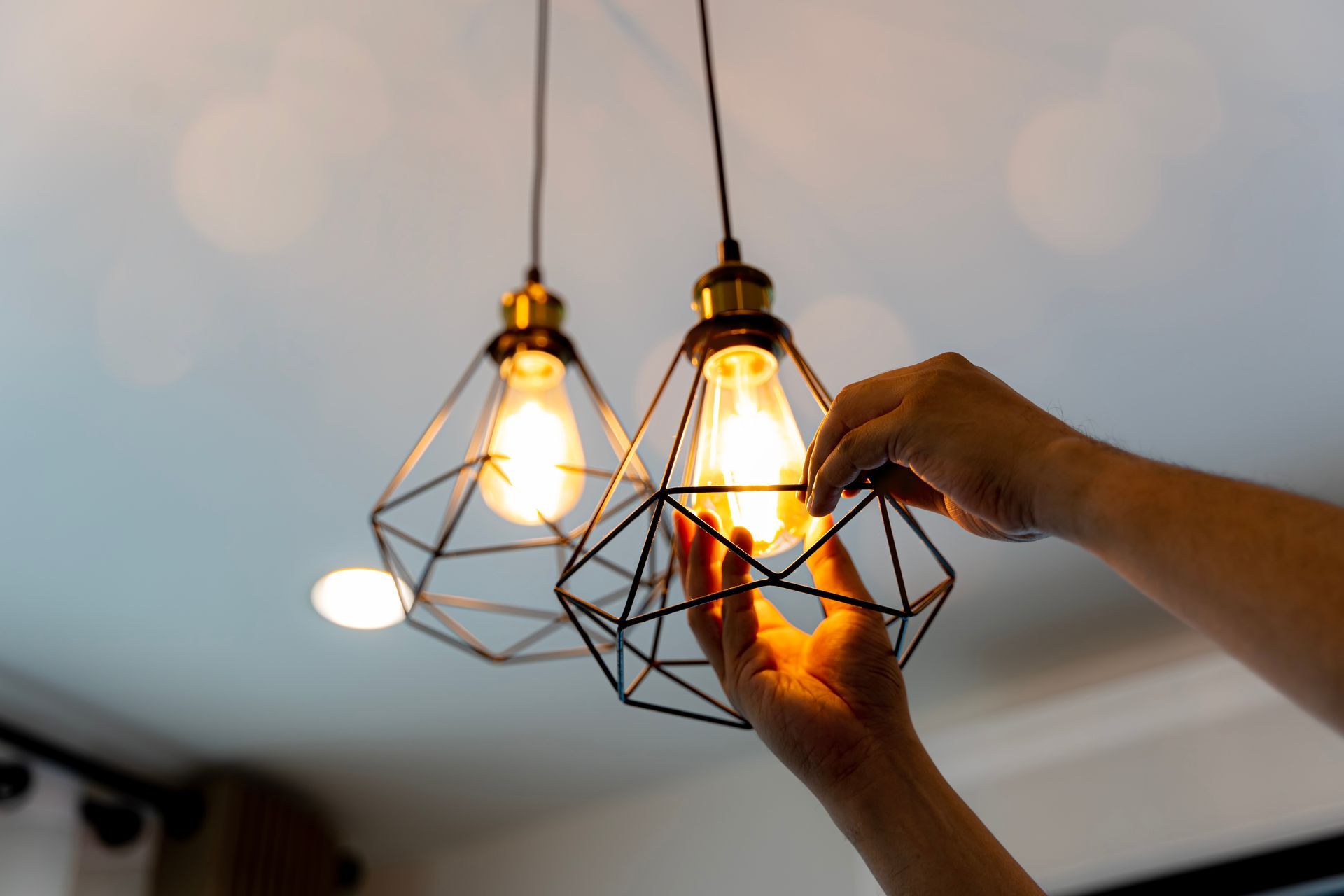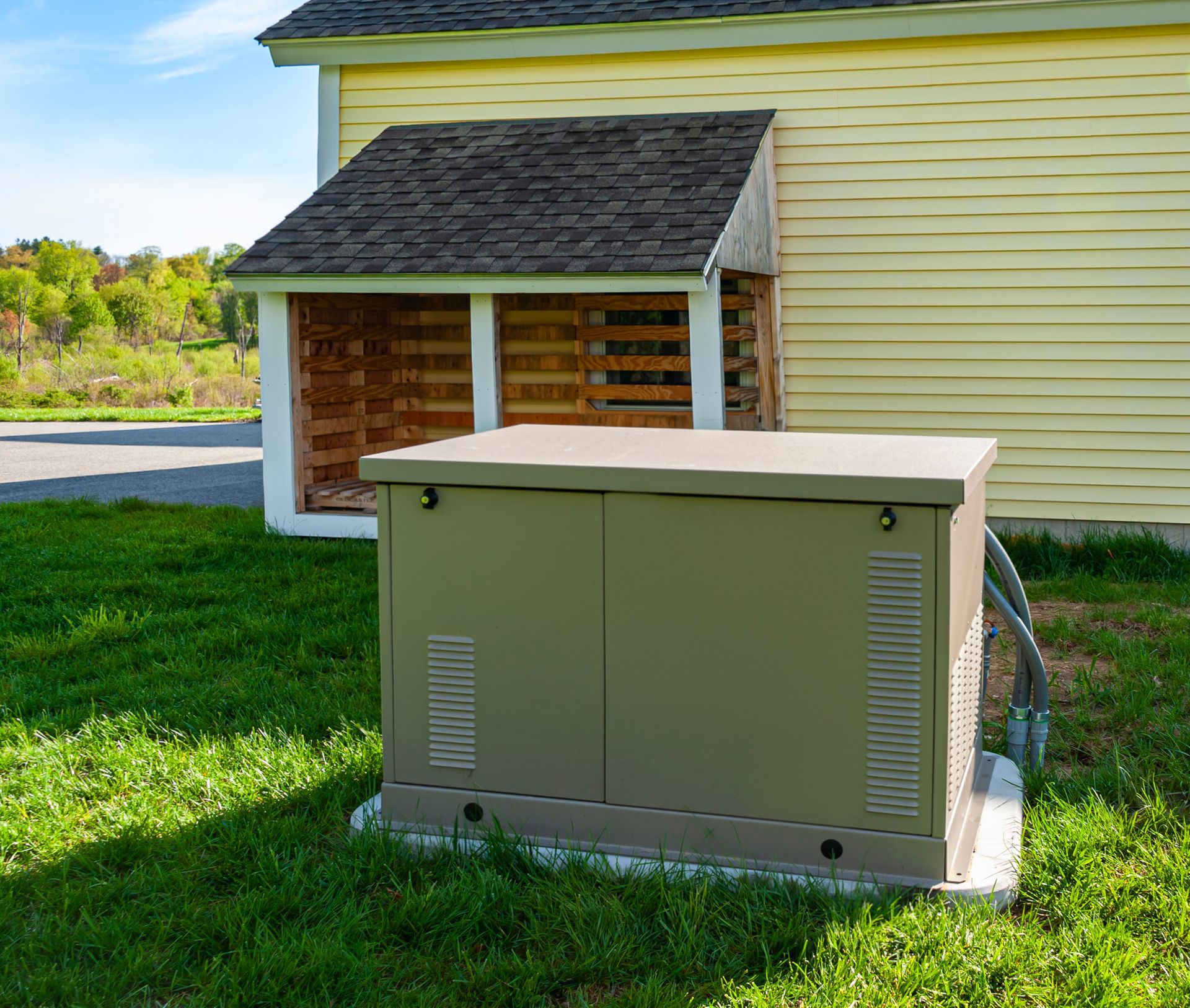Points to Think About When Getting a Whole-House Generator
Electricity is used in almost every corner of the modern home. Electric-powered appliances and machines of all kinds offer convenience and comfort to the residents of the home. However, even if there have been advancements in technology, there are still instances where power outages and blackouts happen—thus ruining the effectiveness of the appliances.
To counter this problem, whole-house generators have been created to help homes continue to be convenient, comfortable, and safe despite blackouts. If you are thinking about getting a generator system for your home in the Western Massachusetts area, but are unsure about the how-tos and the whys, this article will fill you in on the details!
Getting a Whole-House Generator? Here Are Some Things You Need to Consider
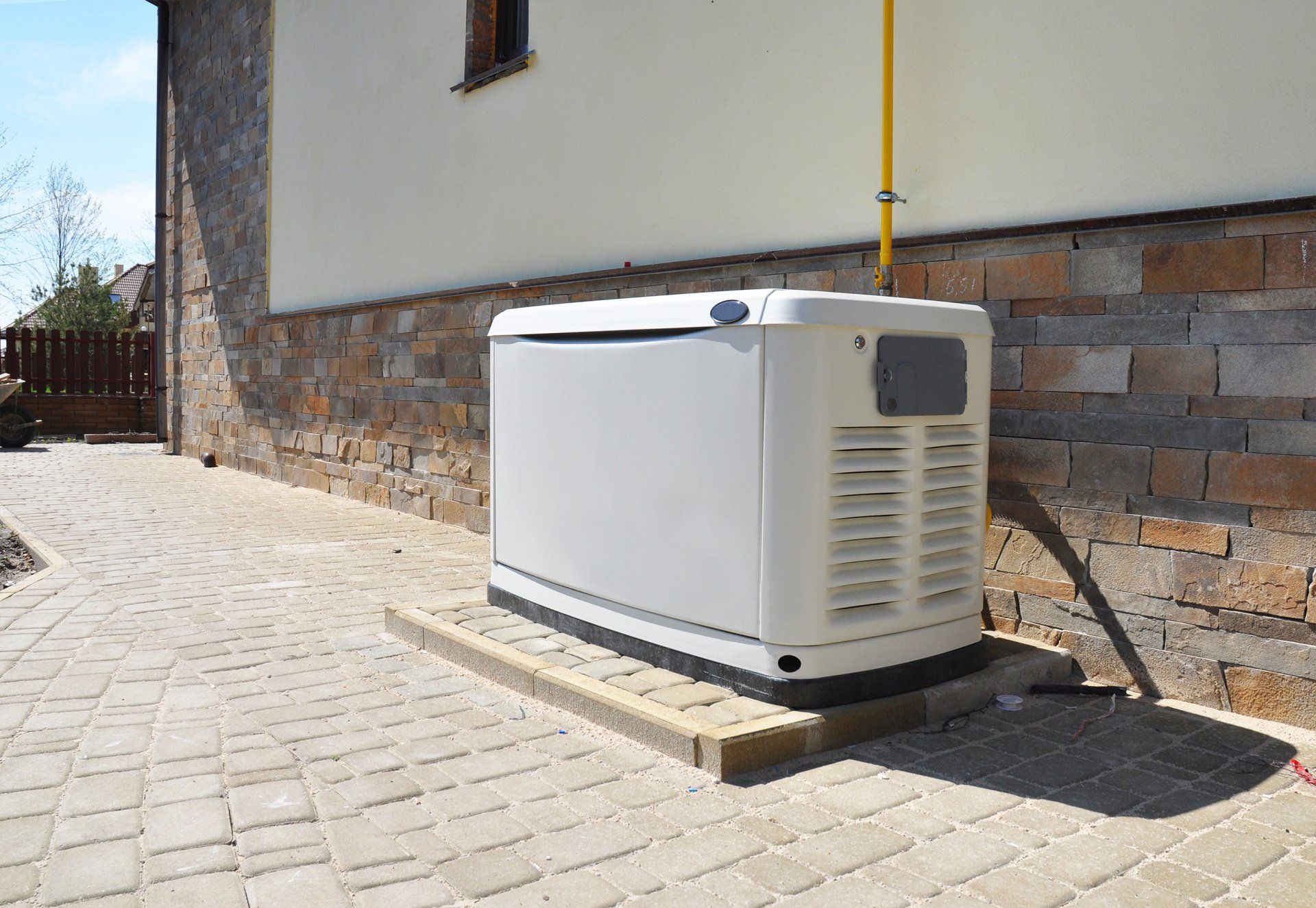
There is a constant need for power in your home. What if there is an unannounced power outage and you have an important online meeting, and your laptop isn’t charged? What if you have sensitive medical equipment that should never be turned off?
If you are thinking about getting a whole-house generator to make sure your home is powered at all times, here is a list of things you need to think about before you get started.
1 - The Fuel Type
There is a range of fuel sources that you can choose from when it comes to different types and models of whole-house generators. You can choose from natural gas, gasoline liquid propane, or diesel-powered generators. Consider what type of fuel will be most accessible to you and use this information to make your decision.
2 - The Things That Need Power
There may be certain machines and equipment that will need to be powered on at all times. During the warmer months, this may be your air conditioning system, and in the cold months, you may need your heater to be constantly switched on to keep the level of comfort in your home optimal.
3 - The Automatic Standby Feature
One great thing about modern whole-house generators is that they have an automatic standby feature. This will help you have the peace of mind that your generator will continue to power your home even if you aren’t physically at your house to turn the generator on. This will be good news for those machines that will need a continuous power flow!
4 - The Location of Your Generator
One crucial consideration is where to place your generator. You need to ensure that it has enough space for it to fit. The most logical place to put it is near your electrical panels for easy access during a blackout. However, it’s best to approach a reputable electrician to really find a good spot to place your generator.
Conclusion
In many instances, city-wide and rolling blackouts may be unavoidable. If you have crucial equipment that will need to be powered 24/7, even when there will be a power outage, a whole-house generator may be the solution you are looking for. There is a chance that you aren’t sure where to start—and finding a certified electrician in the Pioneer Valley that will be able to answer your questions about whole-house generators is what you need. They will be able to help you with the nitty-gritty and make sure that you will have everything you need before the installation of the generator.
If you are located in Hampshire County, Hampden County or in Franklin County, MA, and are looking to install a home electrical generator, the best first step for you to do is to contact B Town Electric! We are OSHA 10 certified, and are also a lead-safe renovator-supervisor. We are well-rounded in all areas of electrical work, including residential, commercial, and industrial solutions. From small residential jobs to large commercial and industrial electrical projects, we’re the ones you need! Get the best residential and commercial electricians in Western Massachusetts at your service today!
Questions? Contact our main office
Schedule a Free Quote. Submit a free quote request online
